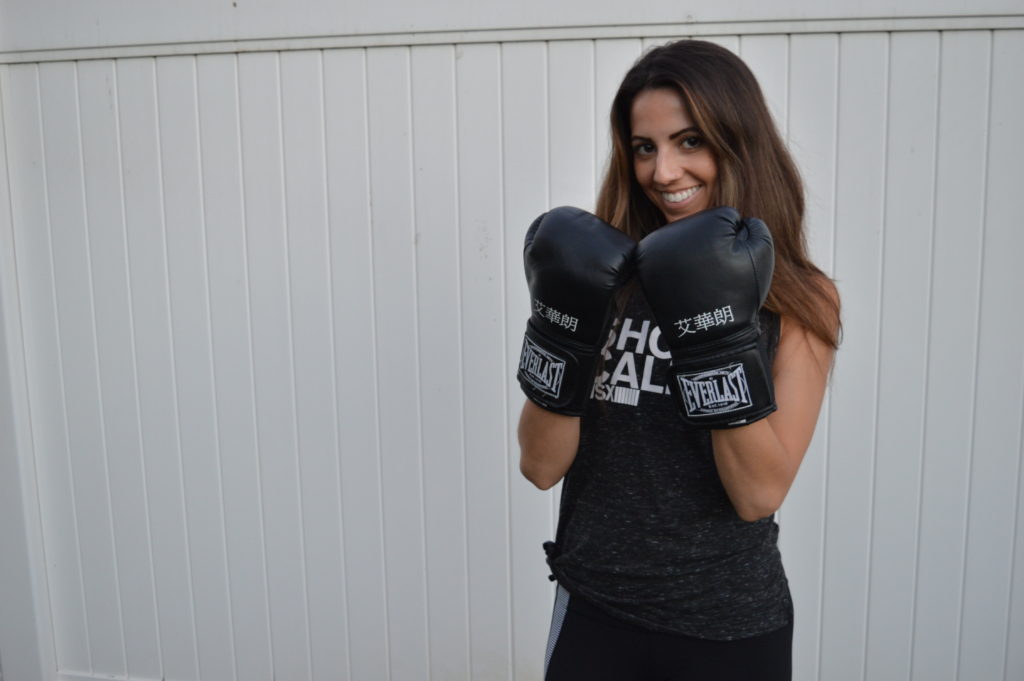Not a shift goes by, where I don’t encounter an unhappy customer.
Don’t get me wrong; we are all entitled to our own opinions. Happiness and satisfaction are part of life, and something that I would say; most people strive for, on a daily basis. But when happiness and satisfaction become the most important focus on an experience with your doctor or nurse, what does that mean, really? What does that teach patients, and medical providers?
Here’s my take. And keep in mind this is my own opinion, in my own words, based on my own experiences.

It teaches patients to expect to leave satisfied, no matter what (which is largely subjective), and it teaches providers to do whatever it takes, to keep patients happy and satisfied. This includes but is not limited to, ordering unnecessary tests and treatment with medications that may not be necessary, or actually have the potential to cause harm to the patient, long term.
When I walk into the Emergency Department for a shift, my overall goal is to keep my patients safe. After being in training for 12 years, to do this job, I truly believe that I have the right to make the decisions I feel are most appropriate, for my patients. I have an oath to uphold that states I will do no harm. There are many occasions during which I have to stand my ground, and say “no”. That is why I spent so much time in training, to recognize when a test or treatment is necessary versus unnecessary.
It is not uncommon today that I am asked for specific services in the Emergency Department. I am used to this, and I will be the first to stand by a family member or friend’s side, and tell them to advocate for their own health, and ask questions. It is all too often however; that I am asked for things I am not willing to give. Things that I believe will hinder patient care or outcome, as opposed to improve their overall state of well-being. I do strive to educate my patients as much as I possibly can, which includes explaining my reasoning behind my decisions, but frequently, it is not well received.
I have been called “bitch”, “cunt”, “stupid”, and “too young to be a doctor”. I have been said to “not understand Americans” (whatever that means), “exercise too much power”. My medical license has been threatened more times than I can count. My name has been written down by numerous unhappy patients who have stated, “I am going to suit the shit out of you”, and “you’re going to be sorry you didn’t do your job, because I’m going to make sure you lose it”. I’ve had photos and videos taken of me, without consent as well as false statements made about events that occurred during patient encounters when no one else was in the room with me. These are only a few examples, but I am thankful to say a patient has never physically injured me. I can’t say the same for all of my colleagues.
It’s no surprise that there is a lot of stress and emotion associated with being in a medical office or hospital. Patients and their families may be experiencing significant levels of anxiety and irrational thoughts, especially if there is news of death or significant illness. Unfortunately, I have noticed that even with non-emergent or minor conditions such as viral illnesses, fractures, or bug bites for example, I have received a list of complaints for patients not receiving antibiotics, opiate pain medications, or other treatment to help speed up recovery of these conditions.
I am frequently the bearer of bad news in saying, “there is no treatment for a cold, aside from time”.
Cue the complaint due to dissatisfaction.
I mean don’t get me wrong, I am totally dissatisfied with having a viral illness too, but there’s nothing any of us can do to change the science behind it.
As I started doing some research on this topic, I found far too many cases during which physicians were killed by their patients. I almost had to stop reading, because it was freaking me out.
Some old statistics showed that 30% of ED physicians polled in a survey were victims of physical assault by a patient, and 12% of these had been outside of the Emergency Department when they were leaving their shift. I am confident these numbers are higher today.
For those of you considering a career in medicine, or maybe already in your training, this career is NOT for the faint of heart. My advice for you? Live your life to the fullest and try to maintain a positive attitude about your career choice, otherwise it will eat you alive and can easily consume your thought process. I wholeheartedly believe that these types of topics are not discussed, enough, and awareness needs to increase.
Don’t live paranoid, but be aware of your surroundings. Position yourself appropriately, at all times. Bring another healthcare provider into the room for any type of sensitive discussion or exam, and with ALL violent, emotional, agitated patients. Learn how to communicate in a non-confrontational, business-like manner (this takes time, especially when people are yelling at you and making you feel like a horrible person). Tell your staff where you are going, if traveling outside of your floor or station (we have trackers that we wear during our shifts). Ask for an escort to your car (everyone knows our hours include early mornings before sunrise and middle of the night). Consider self defense classes and/or items you can carry to help defend you in the event of an altercation.

I have already received so many messages from you guys via social media, and I am saddened to hear that many of you know physicians or nurses personally, that have been affected by patient violence. I just want to take a moment to thank all of you brave individuals who are diving into this career, head first. I also want to thank those practitioners out there that have been personally affected, and those family members who have lost loved ones in the medical field, secondary to patient violence.
Don’t live paranoid, but be aware and prepared.
I will be honest, I never really thought about my job being dangerous, outside of the fact that I see sick patients that require quick and important decision-making. But it has become apparent, as I fight for what I believe is right for my patients, and for me as a practitioner, that this job is far more high risk, than I ever imagined.
Comments welcomed! Share your stories and thoughts below!



Such a great post! I love your blog!
Such a great article. Have shared it with my medical callegues.
Isn’t it amazing How a post from 2017 is still so relevant today? Maybe even more so <3
This is eye opening and so true. Working in medicine one of the biggest shocks I found when becoming a provider is how much patients try to dictate their care and request tests, procedure and treatments. While I continue to preach that patient know their bodies and should advocate for their own health, I also try to educate, and while this does work some times it can be frustrating dealing with patients who aren’t willing to be educated. Fortunately I have not had any physical aggression from patients, but that statistic is frightening.